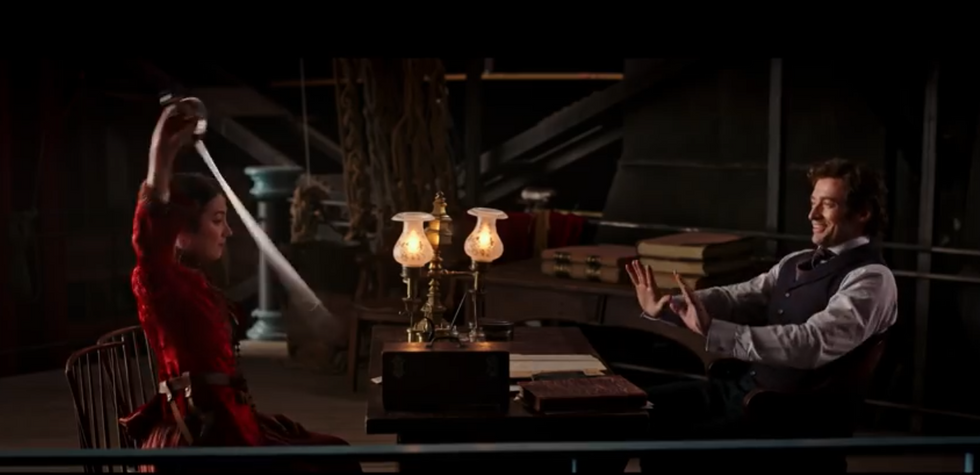"I laughed, I cried, but I know it's not good because it has a 29% approval rating on Rotten Tomatoes."
Have you ever wondered how critical reviews of movies came to be? I sure have. At some time, the act of a few people telling everyone else whether or not a film was worth seeing may have served a legitimate purpose, but only because the critics vision of what constituted a "good" movie agreed with that of the general audience. Nowadays, it's only too clear that critics (with the notable exception of Lane Strawberry) are thoroughly disconnected from the public they intend to serve.
While some films are definitely agreed upon as universally amazing (The Lord of the Rings trilogy, for example) and some as unequivocally horrible (After Earth comes to mind), most fall somewhere in between, in the sweet gooeyness of subjectivity.
A multitude of examples of critics' inability to appreciate their audiences' tastes arises instantly, and memorably, in the form of films such as Warcraft, Justice League, and The Greatest Showman. The Rotten Tomatoes scores are as follows:
Warcraft--28%
Justice League--40%
The Greatest Showman--54%
Based off of these dismal "rotten" scores, one might assume that these films hardly bare any value as cinematic achievements or even vessels of entertainment. But judging them by their audience approval rating tells a different story:
Warcraft--77%
Justice League--77%
The Greatest Showman--90%
Clearly, these figures show that these films (especially The Greatest Showman) were overwhelmingly enjoyed by the general audience.
In the same vein, critical darlings can be found that utterly failed in their attempt to leave a positive impression on the average filmgoer. Such films as Hail, Caesar!, which has a resounding 85% "fresh" critical rating on Rotten Tomatoes, or even Star Wars: The Last Jedi, with its 90% critical approval rating, have proven through their audience ratings that critics must be watching a different movie.
Unsurprisingly, each film's audience approval rating was roughly half of the critical one, with Hail Caesar! earning a 44% and Star Wars: The Last Jedi at an only slightly better 49%. Another keen example of this dissimilarity in taste is mother!, a film originally acclaimed by critics yet it went on to receive an uber-rare "F" rating on Cinema Score from audiences.
Should there be such a disconnect between critics and the general public or should critics function as representatives of moviegoers? Has the movie critic industry reached such self-absorbed state as to be wholly unappreciable by the layman?
You be the judge.





 mr and mrs potato head
StableDiffusion
mr and mrs potato head
StableDiffusion










